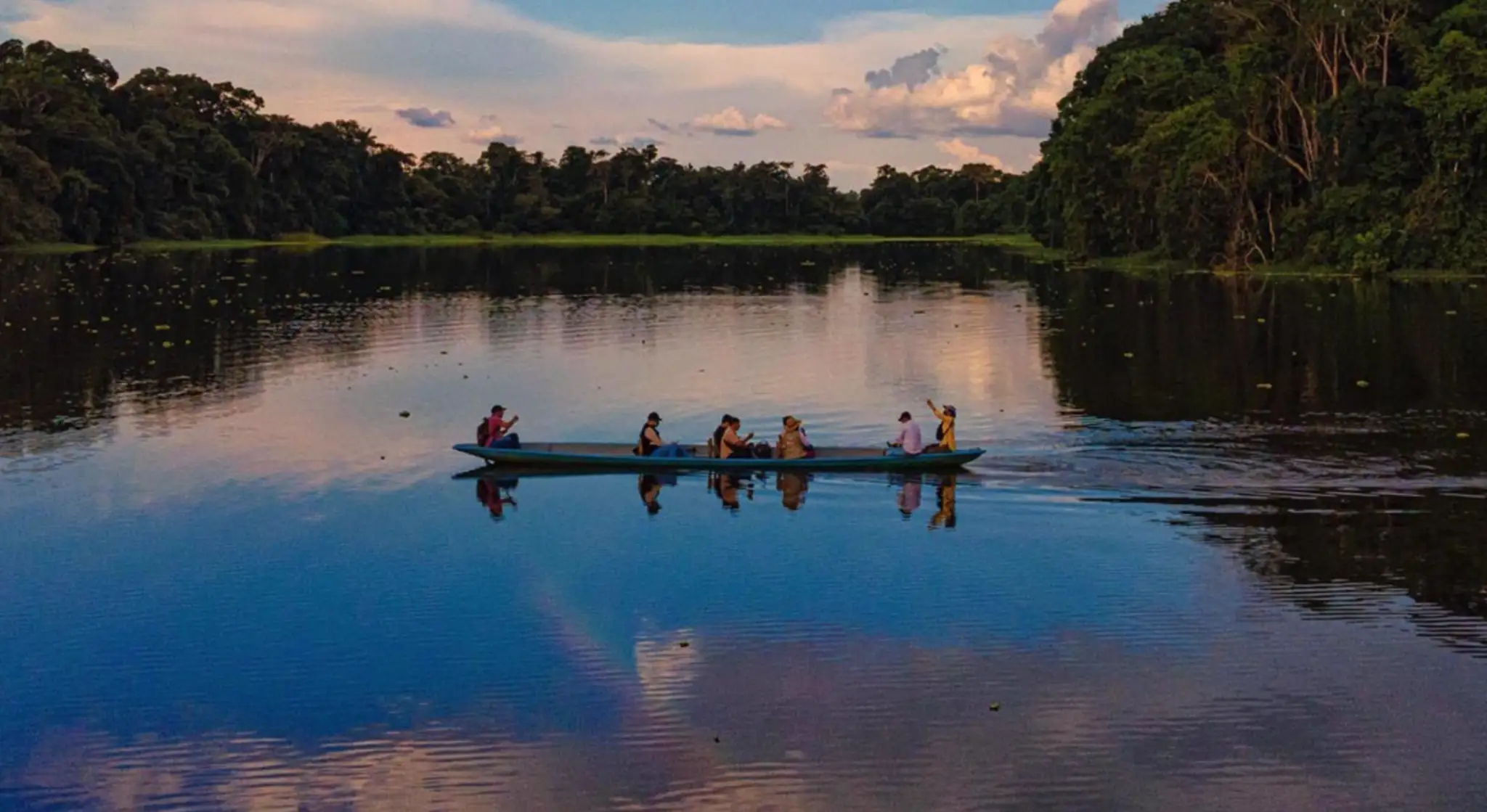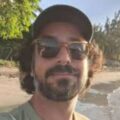In the communities that inhabit Abya Yala, the reconstitution of the territories of indigenous peoples and the processes of recognition of ancestral models of life have been underway for decades.
From the declaration of community lands of origin (TCO) (community-owned lands) and the collective titling of lands with which they came to be called indigenous original peasant territories (TIOC), to the constitutional recognition of indigenous autonomies, these processes have been carried out in the different countries based on the experience of indigenous leaders, especially those over 35 years of age. For this reason, the role (or lack of role) of indigenous youth in the processes of reconstitution and in the spaces for dialogue and debate is currently being questioned.
Climate change and biodiversity conservation
As part of the COPs and other spaces for research, negotiation and decision-making, the involvement of indigenous peoples in biodiversity conservation and actions to address the climate crisis has become a key factor. This is due to the fact that the essence of their life model is the respectful interrelationship with their environment.
In fact, the main protagonists in the struggle for the conservation, preservation and defense of the environment are the indigenous peoples who, often, are persecuted and murdered.
In a Latin American context, however, crossed by colonialism, racism, discrimination and underestimation of the native and ancestral, it is a challenge for indigenous youth to play an active role in the reconstitution of indigenous peoples and their protagonism in the respect and defense of the environment. Indeed, the role of these specific communities in the reconnection with local community knowledge and the revaluation of ancestral knowledge is a matter under debate.
Self-recognition is an initial step for indigenous youth. From the individual to the family, community and collective levels, it is necessary for young individuals to overcome prejudices and to revalue and feel pride in their people, their values, beliefs and culture. The dialogue, starting from the collective, is essential for the construction of a community society that reproduces and interrelates practices and knowledge as part of the model life.
Inter-scientific dialogues
In this context, interculturality or the search for dialogue and respectful relationships aims at the constructive transformation of conflict (defined as the expression of needs and the opportunity for change), using the management of emotions, assumptions and power as tools. Thus, interculturality becomes one of the fundamental tools for the understanding of diversity and the construction of fairer societies.
In this framework, the search for solutions to the different crises that afflict our realities puts on the table the need for a transdisciplinary approach, where scientific disciplines (or branches of Western-centric science) can discuss and agree on more general knowledge.
Knowledge validated by the academy tends to be privileged and elitist, and to discriminate against other knowledge that does not strictly comply with the parameters of the academy and is considered inferior or mistaken. Nevertheless, the experience of some academics or indigenous peoples gives rise to the search for validation of local knowledge. Some isolated experiences have demonstrated the richness of the interrelationship between local knowledge and Western science.
Spaces for dialogue
The Sustainability Research and Innovation (SRI) Congress, the world’s largest transdisciplinary gathering for the global sustainability community, will be a space for dialogue between local knowledge and academic science with a transdisciplinary approach.
This is therefore a space for debate on the role of indigenous youth in the processes of reconstitution of the original indigenous territories and their relationship with other worldviews in order to be able to face the different crises that are being experienced more intensely in their territories. Knowledge, which allows them to direct their actions, is key, so it is essential to promote intercultural complementarity.
In conclusion, one of the greatest challenges for the conservation of biodiversity is that indigenous youth have the predisposition to listen, starting from the ancestral wisdom of the peoples of Abya Yala, to develop an inter-scientific diplomacy that allows them to achieve the three knowledge (knowing, knowing how to be, and knowing how to do) for the encounter with Living Well (sumaj kausay-sumaj kamaña), Living Tasty and Living Beautiful (k’acha kausakunapaq).
*Translated from Spanish by Micaela Machado Rodrigues













